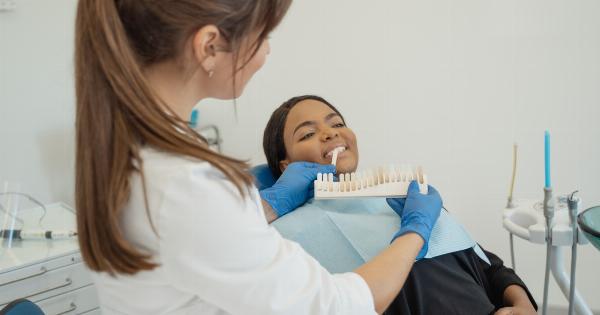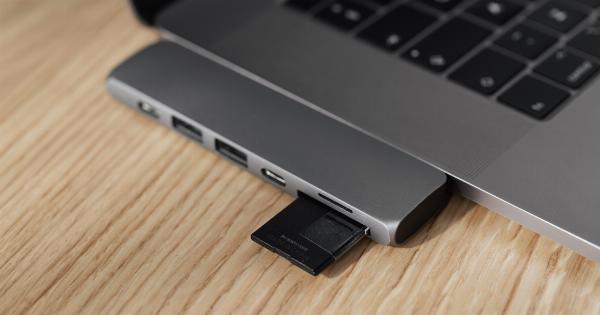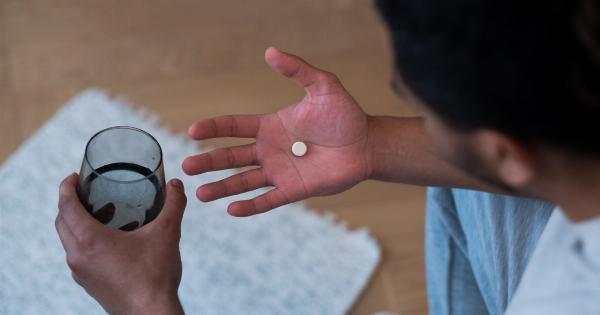Summertime is the best time for outdoor recreational activities. While basking in the sun can feel pleasant, it can also lead to health risks such as sunburns and sunstroke. Another issue that occurs due to sun exposure is sun-induced headaches.
A headache induced by the sun is a painful condition that most people experience only during the summer season.
Causes of Sun-Induced Headaches
Sun-induced headaches can occur due to various reasons, including:.
Dehydration
When you expose yourself to the sun for an extended period, your body starts to lose fluids, which can ultimately lead to dehydration. Dehydration is one of the leading causes of sun-induced headaches.
When your body loses water, it affects your blood flow, leading to headaches.
Increased Heat
When you stay in the sun for an extended time, your body temperature increases, causing a headache. Your body tries to cope up with the increase in temperature by dilating your blood vessels, leading to a pounding headache.
Sunburn
Too much sun exposure can cause sunburn on your scalp, leading to a severe headache. The ultraviolet rays damage your skin cells, leading to inflammation and pain.
Sunstroke
Sunstroke is a severe condition that occurs due to prolonged sun exposure. It can lead to headaches, nausea, dizziness, and even fainting. Sunstroke can lead to a headache, which can last for an extended time.
Therefore, it is crucial to ensure you protect yourself from the sun and seek medical help if symptoms of sunstroke do not subside.
Treatment for Sun-induced Headaches
The best way to treat sun-induced headaches is to avoid exposure to the sun. However, if you experience headaches due to sun exposure, you can try the following methods to alleviate your pain:.
Drink Plenty of Water
Dehydration is one of the leading causes of sun-induced headaches; therefore, it is essential to keep yourself hydrated. Drinking plenty of fluids like water and sports drinks can help reduce headaches.
Cold Compresses
Using cold compresses like an ice pack or a cold cloth on your forehead can help reduce the pain caused by sun-induced headaches. The cool temperature helps to constrict the blood vessels that expanded due to heat, reducing the headache.
Stay Indoors
If you experience a sun-induced headache, it is best to stay indoors and avoid sunlight as much as possible. Resting in a cool and dark room can help reduce the severity of the headache.
Over-the-counter Medications
If natural treatment methods fail, over-the-counter painkillers such as aspirin, acetaminophen, or ibuprofen can help relieve the headaches.
However, it is important to follow the dosage instructions and not rely on painkillers to treat sun-induced headaches.
Prevention of Sun-induced Headaches
The best way to prevent sun-induced headache is by avoiding the sun as much as possible, but it isn’t practical. Therefore, one can try the following methods to prevent sun-induced headaches:.
Wear a Hat
Wearing a hat to protect your head from direct sunlight can help prevent headaches. Choose a wide-brimmed hat that shades your face and back of your neck.
Use Sunscreen
Applying sunscreen with a high protection factor can help prevent headaches due to sunburn and sunstroke. The sunscreen must be water-resistant and applied every two hours when outside.
Stay Hydrated
Drinking water regularly can prevent dehydration and reduce the risk of sun-induced headaches. It is essential to carry a water bottle when going outside in the sun.
Avoid Peak Sun Hours
Avoiding the sun during peak hours, usually between 10 am to 4 pm, can significantly reduce the risk of sun-induced headaches.
Conclusion
Sun-induced headaches can be debilitating and affect your ability to carry out daily activities. While it is essential to enjoy the sun, it is crucial to protect yourself and avoid any health risks.
Staying hydrated, using sunscreen, wearing a hat, and avoiding peak sun hours can help prevent sun-induced headaches. If you experience a sun-induced headache, natural methods like cold compresses and resting in a dark room can provide relief. However, if the headaches persist, it is essential to seek medical attention.



















